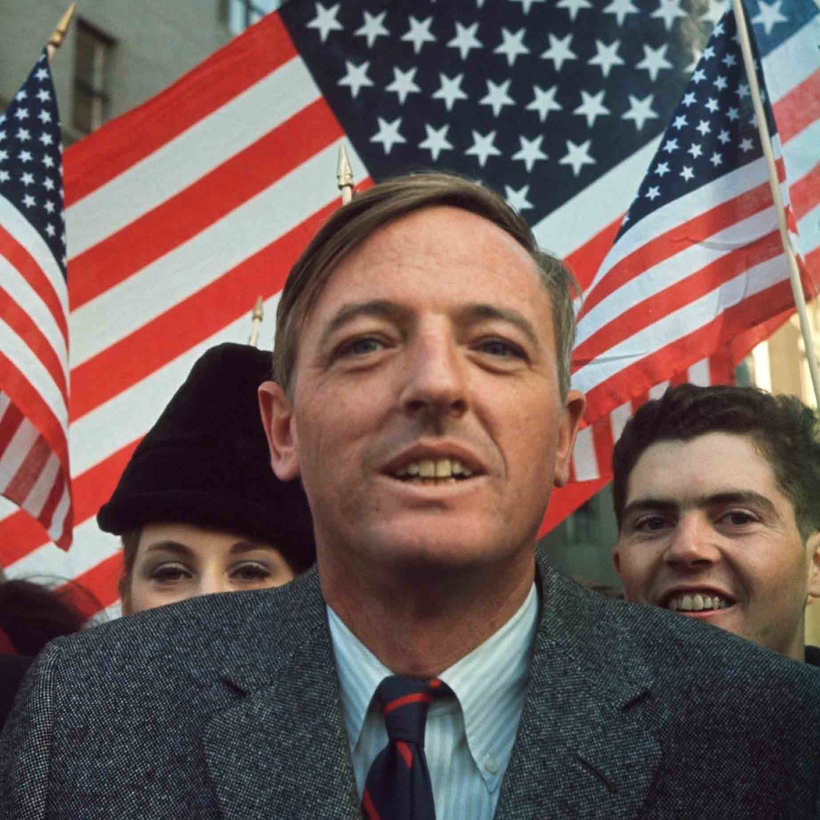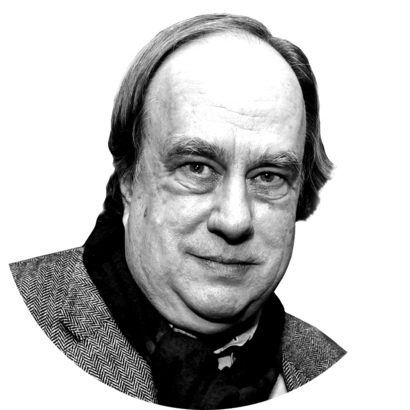Here it is, at long last, Sam Tanenhaus’s great white whale of a biography about the conservative author (rocking the ivy walls with the publication of God and Man at Yale at the wunderkind age of 25), magazine founder, television host, slice-and-dice debater, mayoral candidate, sailing enthusiast, spy novelist, social diarist (Cruising Speed—read it; it’s fun), and spirited harpsichordist, William F. Buckley Jr. Here was a man of so many facets that he couldn’t help but dazzle.
Tanenhaus has been working on this life for more than a quarter of a century, following the surprise best-selling success of his biography of Buckley’s melancholy mentor Whittaker Chambers, in 1997, its profile improbably boosted by cowboy-hatted radio host Don Imus, who touted it incessantly on-air until his sidekick, Charles McCord, finally snapped: “Whittaker Chambers is dead! Alger Hiss is dead! Richard Nixon is dead! I wish I was dead!”


